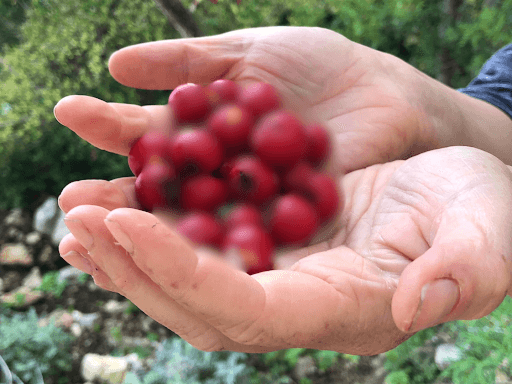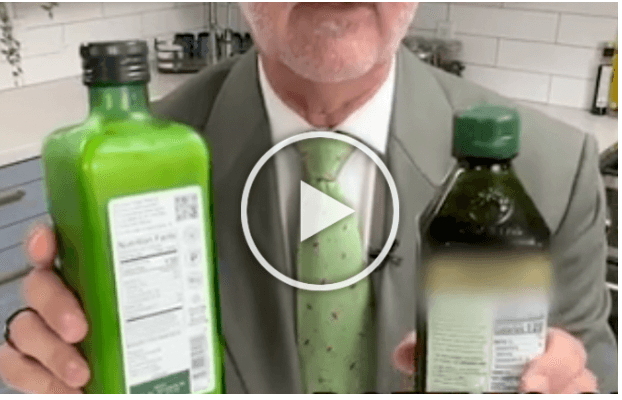What Is Beetroot Good For? And WARNING (Says Science)
Beetroots, a humble vegetable often found in kitchens, hold surprising health benefits yet come with cautionary notes. In this article, we delve into what makes beetroots a powerhouse of nutrition and what risks they pose.
As the brain ages, beetroot can play a significant role in maintaining mental acuity. The vegetable is rich in nitrates, which boost blood flow to the brain, particularly to the frontal lobe—the cognitive powerhouse. A study noteworthy for its findings on type 2 diabetes patients highlighted an improvement in reaction times with daily beetroot juice consumption, enhancing cognitive performance.
High blood pressure is a key contributor to heart disease. Beetroots, due to their high nitrate content, can lead to moderate decreases in systolic blood pressure by relaxing blood vessels. Rich in folate, beetroots support heart health. Keep them as part of your regular diet to notice consistent cardiovascular benefits.
The beautiful, deep red color of beets isn't just for show. This occurs thanks to betalains—a potent anti-inflammatory compound. Inflammation plays a role in several diseases, from heart issues to arthritis. Studies demonstrate regular beet consumption links to reduced inflammatory markers providing relief in conditions such as osteoarthritis.
Research shows promising signs of beetroot compounds like B fuic acid in cancer prevention, although most findings are from lab studies rather than dietary consumption. More human studies are needed to solidify these insights.
Beetroot jars contain nutrients that enhance physical performance by boosting endurance and reducing exercise fatigue. Nitrates within help the body use oxygen more efficiently, making them the go-to vegetable for athletes.
Despite their benefits, beetroots contain high oxalates, especially in greens, leading to potential kidney stones for susceptible individuals. High FODMAP content also poses digestive challenges for those with IBS, making beetroots a food to consume with awareness.
Next time you’re enjoying beetroot, pat yourself on the back for nurturing your health while staying cautious of potential downsides.
From Around The Web
Wellness Inbox is a blog & weekly newsletter that curates trending news and products related to health and wellness from around the web. We also gather content from various sources, including leading health professionals, and deliver it directly to you.
Please note that we may receive compensation if you purchase any products featured in our newsletter. Wellness Inbox is not affiliated with, nor does it endorse, any health professionals whose content may appear in our newsletter. The information provided is for general informational purposes only and should not be considered medical advice.
The information provided is not intended to replace professional medical advice, diagnosis, or treatment. All content, including text, graphics, images, and information available is for general informational purposes only. We do not guarantee the accuracy or completeness of any information presented and assume no liability for any errors or omissions. The content is subject to change without notice. We encourage you to verify any information with other reliable sources and consult your physician regarding any medical conditions or treatments.







